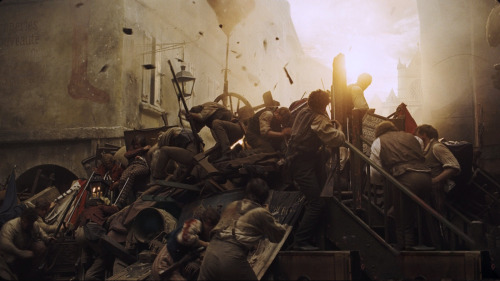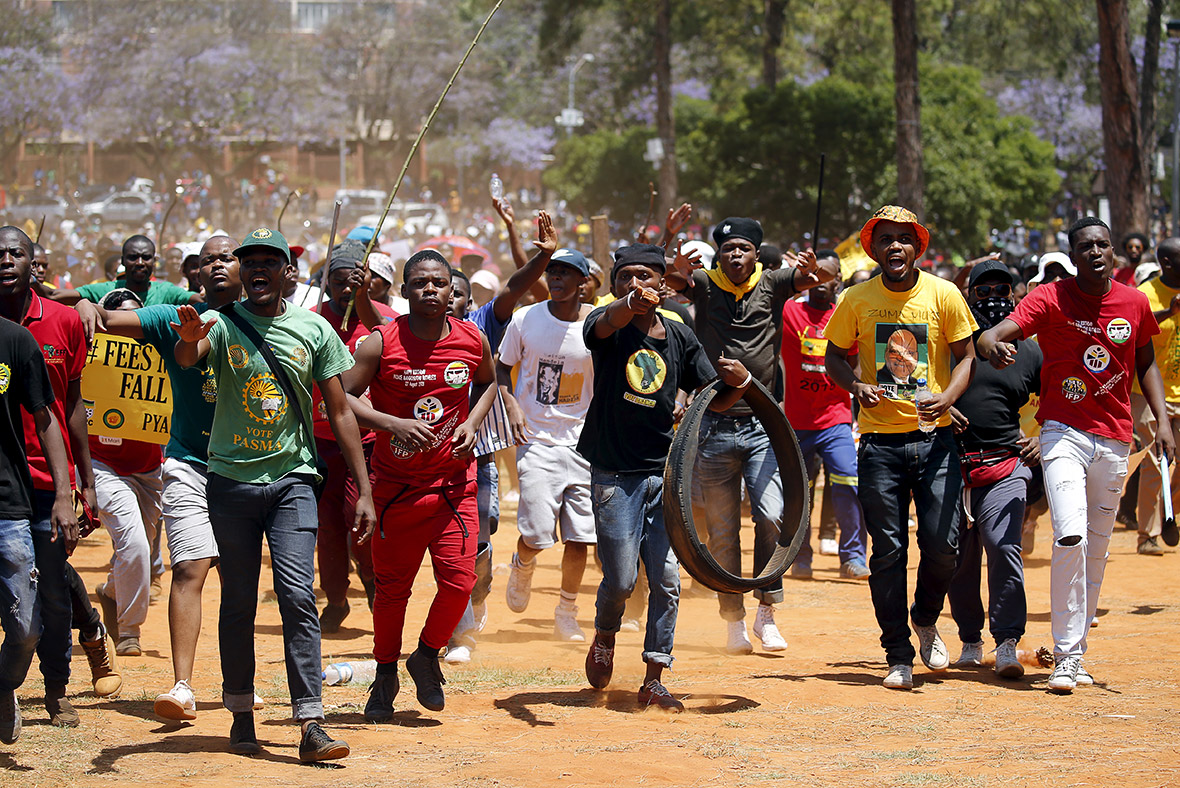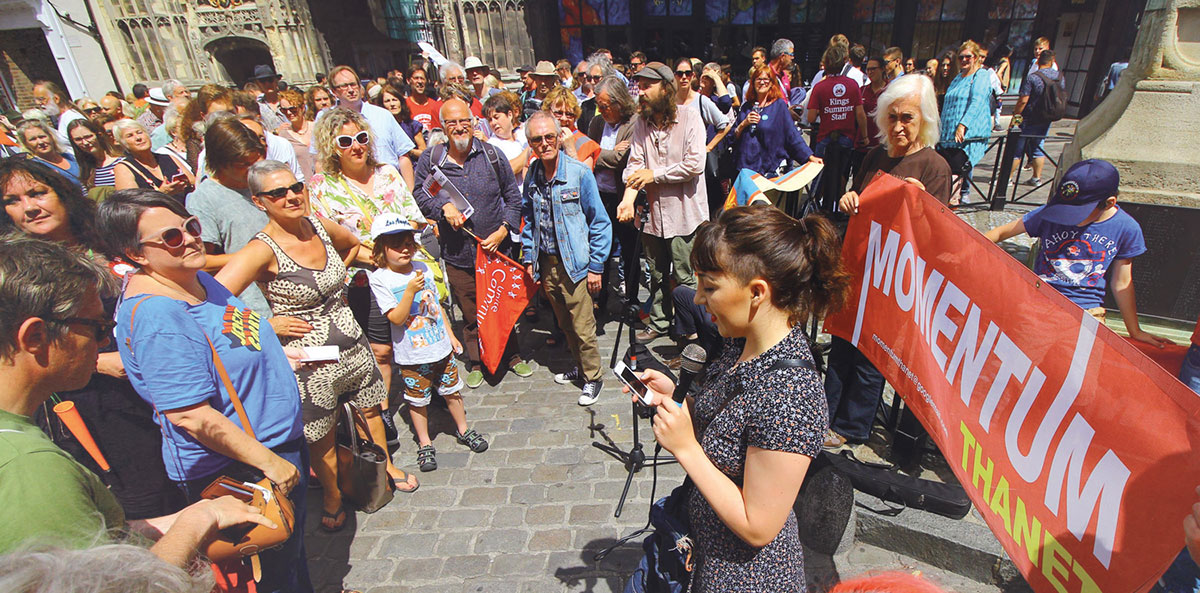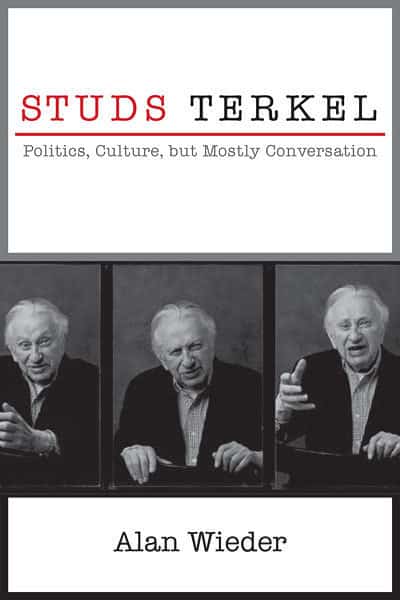

1. I have previously argued the case for the need to create a large social bloc against neoliberalism that can unite all those affected by the system.






1. I have previously referred to the necessity of building unity among all left forces and actors in order to be able to cohere a broad anti-neoliberal bloc around them.


